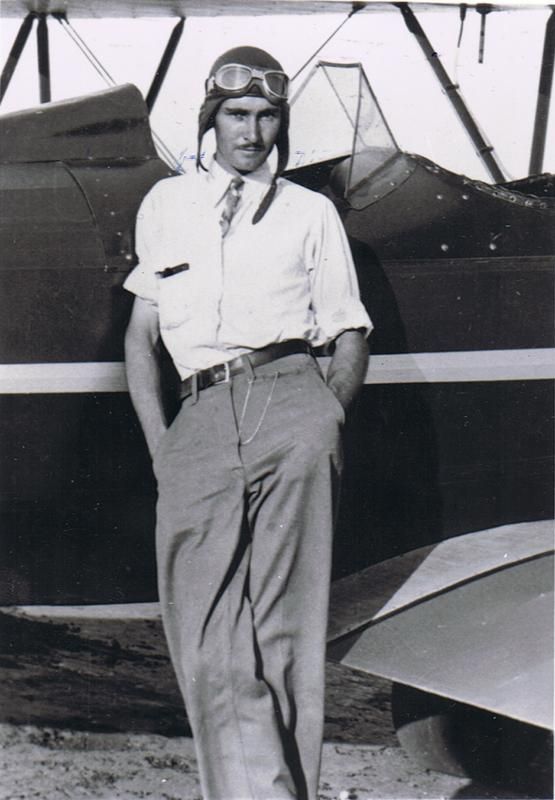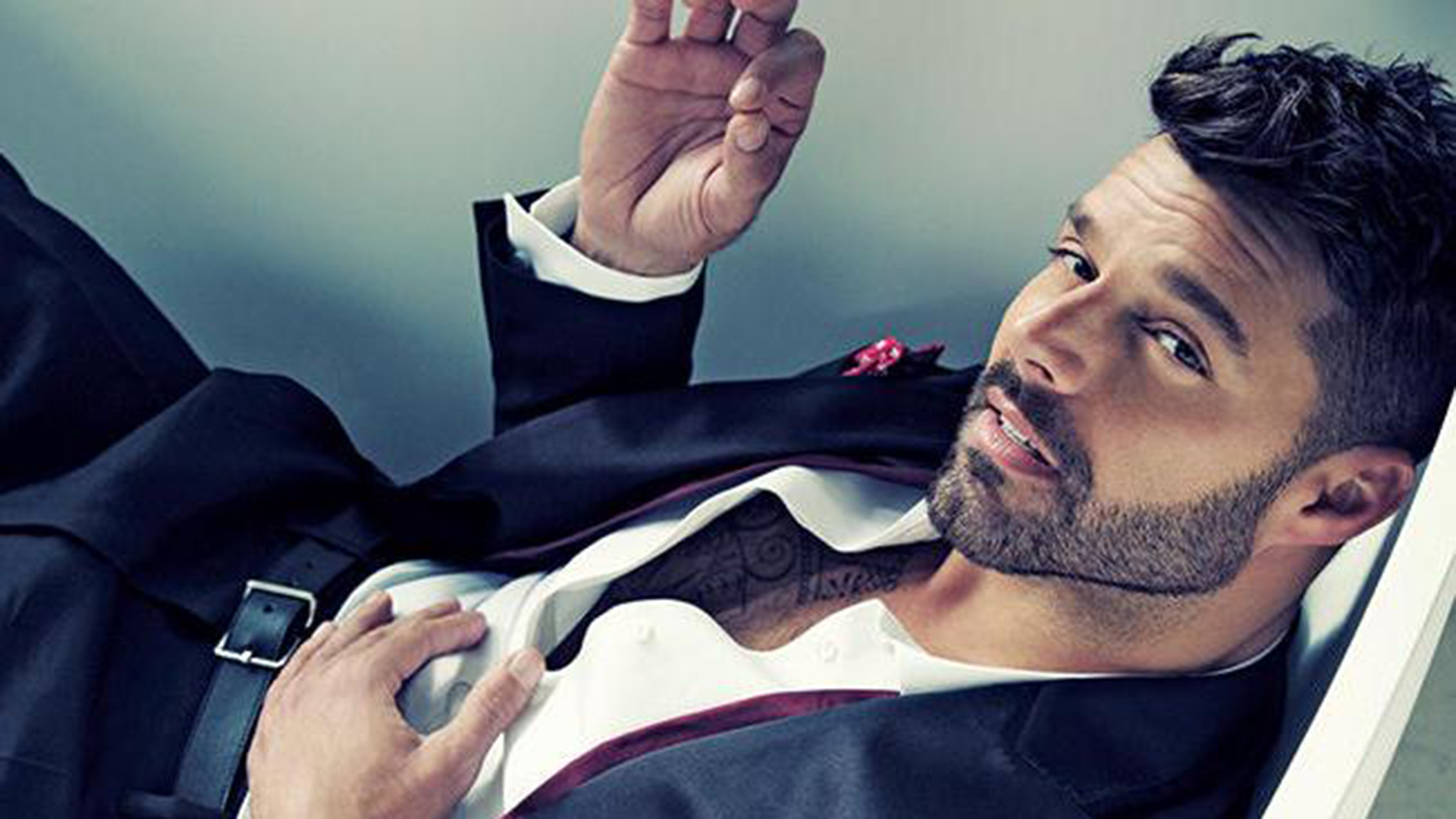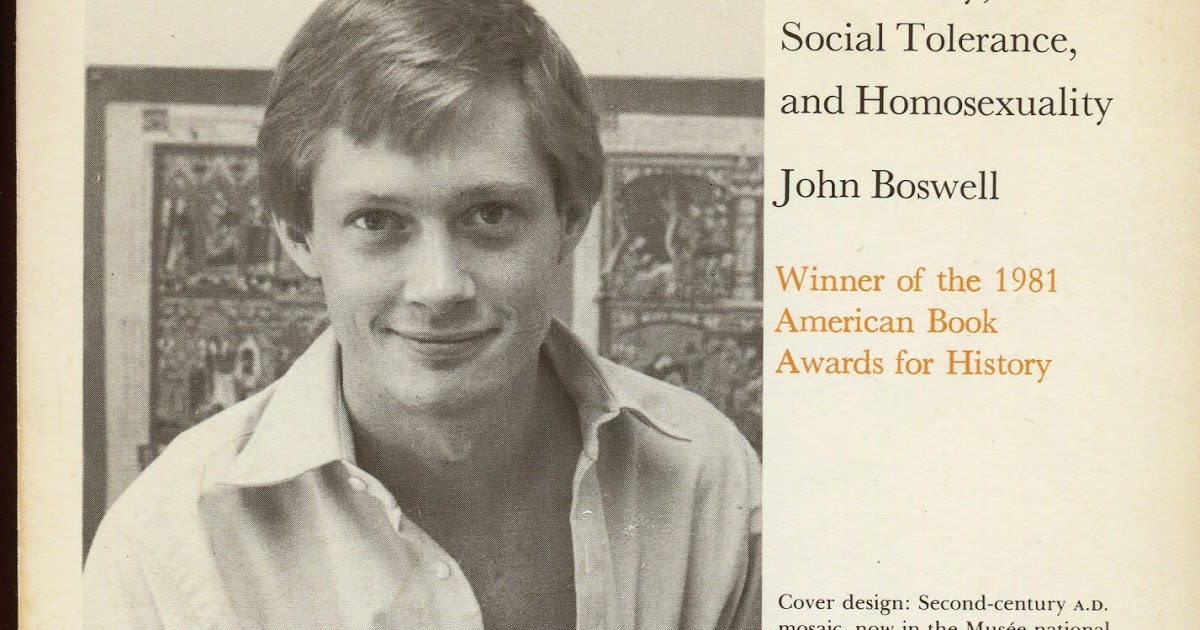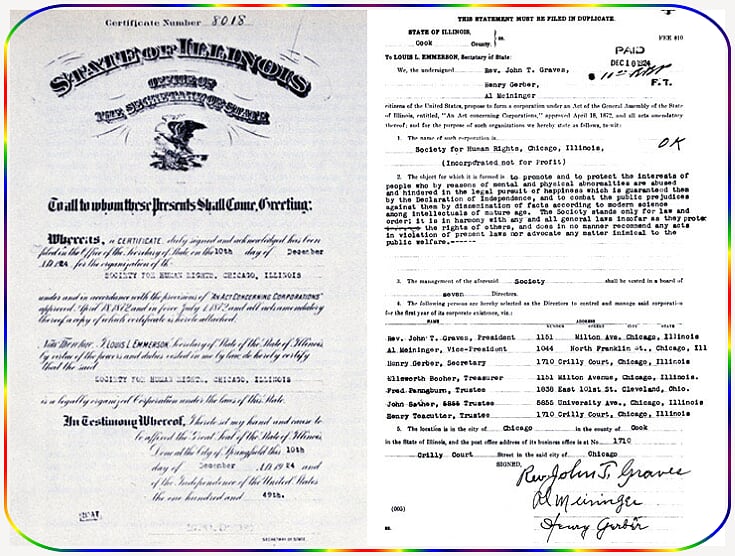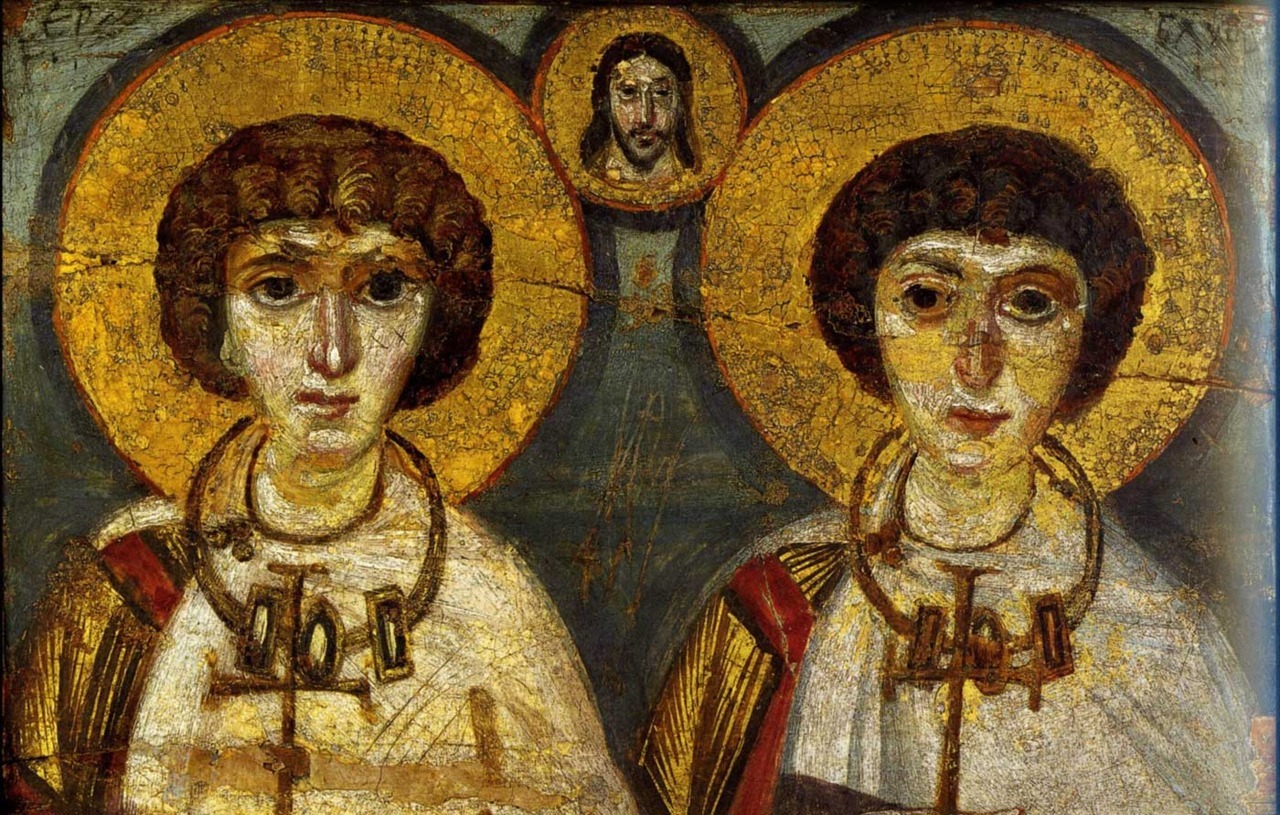December 24
HOWARD HUGHES, American film producer and inventor, was born (d. 1976); Rumor has it he had a few bucks. He liked film, aviation, beautiful women, making more bucks, and, near the end, drugs. Lots of drugs. But if you’re ready to accept the notion of Errol Flynn involved with Nazi spies during World War II, then you’re ready to accept the story of the multi-millionaire turning over for the handsome, virile movie star – for some cold cash.
LEE DANIELS born on this date, is an American film and television producer, director and screenwriter. His first producer credit was Monster's Ball, for which Halle Berry won the Academy Award for Best Actress, making Daniels the first African-American film producer to solely produce an Oscar-winning film. He made his directorial debut with Shadowboxer in 2005 and has since then directed the films Precious, The Paperboy, which he co-wrote), The Butler and The United States vs. Billie Holiday. Of these, Precious was the most critically acclaimed, and was nominated for six Academy Awards, including two nominations for Daniels, for Best Director and Best Picture. Other films he has produced include The Woodsman, Tennessee, Pimp, and Concrete Cowboy.
Daniels has co-created and co-executive produced the TV series Empire, and Star, both set in the music industry.
In 2010, Grace Hightower De Niro, who appeared in Precious, presented Daniels with the Pratt Institute's Creative Spirit Award. In 2015, Daniels was listed as one of the nine runners-up for The Advocate's Person of the Year.
In December 2016, Daniels received a star on the Hollywood Walk of Fame for his contributions to the television industry. amfAR (The Foundation for AIDS Research) paid tribute to Daniels at the 20th annual amfAR Gala New York. Actress and musician Queen Latifah presented him the amfAR Award of Courage, describing his past work with HIV/AIDS patients. She also stated that as a gifted creative force, he creates "unfailingly human" characters, who are "often striving to rise above difficult circumstances". In his acceptance speech, he spoke about a generation lost to AIDS and said that the crisis had taken at least 40 of his personal friends. In the fight against AIDS, he said it is important to "step up when it matters".
Daniels lives in Manhattan. He is out gay. He and his then-partner, casting director Billy Hopkins, adopted Daniels's biological niece and nephew, Clara and Liam. Hopkins and Daniels later separated.
In 2015, Daniels clarified his sexuality by stating that despite being gay men, both he and Empire actor Jussie Smollett are sexually fluid.
RICKY MARTIN, Puerto Rican singer and heartthrob, born; Grammy Award and Latin Grammy Award-winning Puerto Rican pop singer who rose to fame, first as a member of the Latin boy band, Menudo, then as a solo artist since 1991. He has sold almost 48 million albums around the world, charting twenty-one top-ten hits on the U.S. Latin Charts, eight of which reached number one, and a total of over thirty hit singles. Martin had been very closeted about his private life, leading to speculation that the singer was Gay.
After the success of "Livin' la Vida Loca", Martin's personal life became a subject of interest due to his large gay following, and he was questioned about his sexual orientation. In a December 2000 interview with The Mirror, Martin was asked to comment on the rumors surrounding his sexuality. He replied: "I don't think I should have to tell anyone if I am gay or not, or who I've slept with or not."
On March 29, 2010, Martin publicly acknowledged his sexuality in a post on his official website, stating: "I am proud to say that I am a fortunate homosexual man. I am very blessed to be who I am." Martin said that "these years in silence and reflection made me stronger and reminded me that acceptance has to come from within, and that this kind of truth gives me the power to conquer emotions I didn't even know existed."
In 2010, prior to Martin coming out, Barbara Walters expressed some regret for pushing Martin in a 2000 interview to admit if he was gay. The Toronto Star quoted her as saying, "When I think back on it now, I feel it was an inappropriate question."
Martin announced on The Oprah Winfrey Show that he was in a relationship. In 2011, during his acceptance speech of the Vito Russo Award at the 22nd GLAAD Media Awards, Martin publicly thanked his boyfriend, Carlos González Abella, an economist. His relationship with González Abella ended in January 2014.
Martin has also expressed support for Marriage Equality in an interview on Larry King Live, and commented on his experience of being closeted and coming out. "Everything about saying that I am gay feels right...", Martin stated, adding "if I'd known how good it was going to feel, I would have done it ten years ago."
Martin delivered a speech at the United Nations Homophobia Conference in November 2012. Beginning April 2016, he started dating Syrian Swedish painter Jwan Yosef, an artist he had been collecting. The two announced their engagement on November 16, 2016 while on The Ellen Show. In 2016, Martin clarified that he is attracted to both men and women, but is only interested in romantic relationships with men so he does not identify as bisexual.
In the wake of the hurricane in Puerto Rico Martin has made several trips to the island to bring millions of dollars in food and supplies to the people there who are struggling there.
He married artist Jwan Yosef in 2017 and they have two children. They separated in 2023.
JOHN BOSWELL, A groundbreaking American historian died on this date (b. 1947); A prominent historian and a professor at Yale University, many of Boswell's studies focused on the issue of homosexuality and religion, specifically homosexuality and Christianity.
A gifted medieval philologist who spoke (inter alia) fluent Catalan, he received his doctorate from Harvard in 1975, whereupon he joined the Yale history faculty as its rising star; he was made full professor in 1982. In 1987, Boswell helped organize and found the Lesbian and Gay Studies Center at Yale, which is now the Research Fund for Lesbian and Gay Studies. He was named the A. Whitney Griswold Professor of History in 1990, when he was also appointed to a two-year term as chair of the Yale history department.
Boswell was a gifted and devoted teacher. His undergraduate lectures in medieval history were renowned for their organization, erudition, and wit, with the course often making the "top 10" for highest enrollment. The multi-talented Boswell would pen his comments on student papers in perfectly executed medieval calligraphy.
Boswell was the author of the ground-breaking (one might say ground-moving) and, to some, controversial book Christianity, Social Tolerance and Homosexuality (1980), which, according to Chauncey et al (1989), "offered a revolutionary interpretation of the Western tradition, arguing that the Roman Catholic Church had not condemned gay people throughout its history, but rather, at least until the twelfth century, had alternately evinced no special concern about homosexuality or actually celebrated love between men." The book was crowned with the American Book Award for History and the Stonewall Book Award in 1981.
He is known primarily, however, as author of The Marriage of Likeness: Same-Sex Unions in Pre-Modern Europe (New York: Villard, 1994), in which he argues that the adelphopoiia liturgy was evidence that attitude of the Christian church towards homosexuality has changed over time, and that early Christians did, on occasion, accept same-sex relationships.
Rites of so-called "same-sex union" (Boswell's proposed translation) occur in ancient prayer-books of both the western and eastern churches. They are rites of adelphopoiesis, literally Greek for “the making of brothers.” Boswell, despite the fact that the rites explicitly state that the union involved in adelphopoiesis is a "spiritual" and not a "carnal" one, argued that these should be regarded as sexual unions similar to marriage.
This is a highly controversial point of Boswell's text, as other scholars have dissenting views of this interpretation, and believe that they were instead rites of becoming adopted brothers, or "blood brothers." Boswell pointed out such evidence as an icon of two saints, Saints Sergius and Bacchus (at St. Catherine's on Mount Sinai), and drawings, such as one he interprets as depicting the wedding feast of Emperor Basil to his "partner", John. Boswell sees Jesus as fulfilling the role of the "pronubus" or in modern parallel, best man.
Boswell made many detailed translations of these rites in Same-Sex Unions, and claimed that one mass Gay wedding occurred only a couple of centuries ago in the Basilica of St. John Lateran, the cathedral seat of the Pope as Bishop of Rome. Boswell's writings touched off detailed debate in The Irish Times, and the article that triggered off the debate, a major feature in the "Rite and Reason" religion column in the paper by a respected Irish historian and religious commentator, has been reproduced on many websites.
Boswell himself was throughout his life a devout Roman Catholic. Although he was orthodox in most of his beliefs, he strongly disagreed with his church's stated opposition to homosexual behavior and relationships. To a certain degree much of the work and research Boswell did regarding the Christian church's historical relationship with homosexuality can be seen as an attempt (which some regard as successful) to rationalize his own sexual orientation (as opposed to the “church fathers’” opposition being a way to rationalize theirs).
In Revolutions, Universals and Sexual Categories (1982, revised), Boswell compares the constructionist-essentialist positions to the realist-nominalist dichotomy. He also lists three types of sexual taxonomies:
- All or most humans are polymorphously sexual ... external accidents, such as socio-cultural pressure, legal sanctions, religious beliefs, historical or personal circumstances determine the actual expression of each person's sexual feelings.
- Two or more sexual categories, usually, but not always based on sexual object choice.
- One type of sexual response [is] normal ... all other variants abnormal.
Boswell died of complications from AIDS on December 24, 1994, age 47.
THE SOCIETY FOR HUMAN RIGHTS was an American LGBT Rights organization established in Chicago on this date in 1924. Society founder Henry Gerber was inspired to create it by the work of German doctor Magnus Hirschfeld and the Scientific-Humanitarian Committee and by the organisation Bund für Menschenrecht by Friedrich Radszuweit and Karl Schulz in Berlin. It was the first recognized gay rights organization in the United States, having received a charter from the state of Illinois, and produced the first American publication for homosexuals, Friendship and Freedom. A few months after being chartered, the group ceased to exist in the wake of the arrest of several of the Society's members. Despite its short existence and small size, the Society has been recognized as a precursor to the modern gay liberation movement.
Henry Gerber emigrated from Imperial Germany in 1913, settling with his family in Chicago because of its large German-speaking population. Within a few years of his arrival he experienced discrimination based on his sexual orientation when he was temporarily committed to a mental institution in 1917 for being homosexual.
With the United States's entry into World War I, Gerber enlisted in the United States Army. After the war, he served as a printer and proofreader with the Allied Army of Occupation in Coblenz, Germany, from 1920 to 1923.
During his time in Germany, Gerber learned about Magnus Hirschfeld and the work he and his Scientific-Humanitarian Committee were doing to reform anti-homosexual German law, especially Paragraph 175, which criminalized sex between men. Gerber traveled to Berlin, which supported a thriving gay subculture, on several occasions and subscribed to at least one homophile magazine. Gerber marveled at the development of the gay community in Berlin and later wrote "I had always bitterly felt the injustice with which my own American society accused the homosexual of 'immoral acts.' What could be done about it, I thought. Unlike Germany, where the homosexual was partially organized and where sex legislation was uniform for the whole country, the United States was in a condition of chaos and misunderstanding concerning its sex laws, and no one was trying to unravel the tangle and bring relief to the abused." He was particularly impressed with the work of Friedrich Radszuweit and Karl Schulz's group called Bund für Menschenrecht (Association for Human Rights) and absorbed a number of Hirschfeld's ideas, including the notion that homosexual men were naturally effeminate. Following his military service, Gerber returned to the United States and went to work for the post office in Chicago.
Inspired by Hirschfeld's work with the Scientific-Humanitarian Committee and the Bund für Menschenrecht in Berlin, Gerber resolved to found a similar organization in the United States. He called his group the Society for Human Rights (an English translation of Bund für Menschenrecht) and took on the role of secretary. Gerber filed an application for a charter as a non-profit organization with the state of Illinois on December 10, 1924. The application outlined the goals and purposes of the Society:
"To promote and protect the interests of people who by reasons of mental and physical abnormalities are abused and hindered in the legal pursuit of happiness which is guaranteed them by the Declaration of Independence and to combat the public prejudices against them by dissemination of factors according to modern science among intellectuals of mature age. The Society stands only for law and order; it is in harmony with any and all general laws insofar as they protect the rights of others, and does in no manner recommend any acts in violation of present laws nor advocate any manner inimical to the public welfare."
An African American clergyman named John T. Graves signed on as president of the new organization and Gerber, Graves and five others were listed as directors. The state granted the charter on December 24, 1924, making the Society the oldest documented homosexual organization in the nation. Despite deliberately keeping the goals of the Society vague and excluding any mention of homosexuality from its mission statement, Society members were still surprised that no one with the state investigated any further before issuing the charter.
The society's newsletter, Friendship and Freedom, was the first gay-interest publication in the United States. However, few Society members were willing to receive mailings of the newsletter, fearing that postal inspectors would deem the publication obscene under the Comstock Act. Indeed, all gay-interest publications were deemed obscene until 1958, when the Supreme Court ruled in One, Inc. v. Olesen that publishing homosexual content did not mean the content was automatically obscene. Two issues of Friendship and Freedom were written and produced, entirely by Gerber. No copies of the newsletter are known to exist.
Gerber and Graves decided to limit Society membership to gay men and exclude bisexuals. Unknown to them, the Society's vice-president Al Weininger, a man Gerber described as "an indigent laundry queen", was married with two children. Weininger's wife reported the Society to a social worker in the summer of 1925, calling them "degenerates" and making claims of "strange doings" in front of her children.
The police broke in on Gerber in the middle of the night with a reporter from the Chicago Examiner in tow, interrogated him, seized his personal papers and arrested him. The next morning, Gerber arrived in court to learn that Graves, Weininger and Weininger's male companion had also been arrested. The Examiner reported the story under the headline "Strange Sex Cult Exposed". The paper erroneously reported that Weininger and other members of the Society had performed sex acts in front of Weininger's children and that Society literature encouraged men to abandon their wives and children. This latter statement was in direct contradiction to the Society's policy of only admitting men who were exclusively homosexual. Gerber was put through three separate trials, before charges against him were finally dismissed because he was arrested without a warrant.
Gerber's defense cost him his life savings, some of which may have been in the form of bribes paid through his lawyer. The police never returned Gerber's personal papers, his typewriter or his remaining copies of Friendship and Freedom despite a court order compelling their return. The only concrete record of the newsletter's existence is a photograph of one issue in a German homophile magazine and a review of the issue in a French homophile publication.
Although Gerber avoided prosecution for obscenity under the Comstock Act, he lost his post office job for "conduct unbecoming a postal worker". Weininger paid a $10 fine ($135 in 2022 dollars) for "disorderly conduct". With Gerber feeling he had hit a "solid wall of ignorance, hypocrisy, meanness and corruption" and unable to continue his financial support, the Society dismantled, and Gerber was left embittered that none of the wealthier gays of Chicago had come to his aid for a cause he believed was designed to advance the common good. He left Chicago for New York City, where he re-enlisted in the Army, serving for 17 years before being honorably discharged.
Henry Gerber and the Society for Human Rights serve as direct links between the LGBT-related activism of the Weimar Republic and the American homophile movement of the 1950s. In 1929, a young man named Harry Hay was living in Los Angeles. He soon discovered the cruising scene in Pershing Square, where he met Champ Simmons, a man who had been a lover of one of Gerber's Society compatriots. This man told Hay about the Society's brief history, warning Hay of the futility of trying to organize gay men. Although Hay would always deny that he had any knowledge of previous LGBT activism, he was inspired by this knowledge to conceive in 1948 a proposal for a gay men's political and social group. In 1950 Hay's idea reached fruition when he and several other men founded the Mattachine Society, the first enduring LGBT rights organization in the United States.
Gerber was posthumously inducted into the Chicago Gay and Lesbian Hall of Fame in 1992. The Henry Gerber House, located at 1710 N. Crilly Court, Chicago, contains the apartment in which Gerber lived when he founded the Society. It was designated a Chicago Landmark on June 1, 2001. In June 2015 it was named a National Historic Landmark. The Gerber/Hart Library at 6500 N. Clark St in Chicago is named in honor of Gerber and early civil rights defender Pearl M. Hart.
Two Versions of the Adelphopoiia Rite
In 1994 John Boswell published a book—Same Sex Unions in Pre-Modern Europe (New York: Villard, 1994) which claimed, essentially, that the adelphopoiia rite known to have been used in Orthodox and Greek rite Catholic Churches constituted, in usage at least, a form of ecclesiastical blessing for homosexual unions. To say the least this claim has been highly contested. Boswell was not able to show that any high church body gave approval to such a use of the rite, but was able to show, as most critics allow, that the rite was both fairly widespread [he had about 70 manuscripts], and that it probably was used by some same-sex couples to give some outward sign to their relationship.
As well as Boswell, numerous people where interested in this rite. Presented here is Boswell's translation of one of the various manuscripts he [has].
Office for Same-Sex Union [Akolouthia eis adelphopoiesin] from John Boswell, Same Sex Unions in Pre-Modern Europe, (NewYork: Villard, 1994)
i. The priest shall place the holy Gospel on the Gospel stand and they that are to be joined together place their right hands on it, holding lighted candles in their left hands. Then shall the priest cense them and say the following: ii. In peace we beseech Thee, O Lord. For heavenly peace, we beseech Thee, O Lord. For the peace of the entire world, we beseech Thee, O Lord. For this holy place, we beseech Thee, O Lord.
That these thy servants, N. and N., be sanctified with thy spiritual benediction, we beseech Thee, O Lord. That their love [agape] abide without offense or scandal all the days of their lives, we beseech Thee, O Lord. That they be granted all things needed for salvation and godly enjoyment of life everlasting, we beseech Thee, O Lord. That the Lord God grant unto them unashamed faithfulness [pistis] and sincere love [agape anhypokritos], we beseech Thee, O Lord....
Have mercy on us, O God. "Lord, have mercy" shall be said three times. iii The priest shall say: For as much as Thou, O Lord and Ruler, art merciful and loving, who didst establish humankind after thine image and likeness, who didst deem it meet that thy holy apostles Philip and Bartholomew be united, bound one unto the other not by nature but by faith and the spirit. As Thou didst find thy holy martyrs Serge and Bacchus worthy to be united together [adelphoi genesthai], bless also these thy servants, N. and N., joined together not by the bond of nature but by faith and in the mode of the spirit [ou desmoumenous desmi physeis alla pisteis kai pneumatikos tropi], granting unto them peace [eirene] and love [agape] and oneness of mind. Cleanse from their hearts every stain and impurity and vouchsafe unto them to love one other [to agapan allelous] without hatred and without scandal all the days of their lives, with the aid of the Mother of God and all thy saints, forasmuch as all glory is thine. iv.
Another Prayer for Same-Sex Union
O Lord Our God, who didst grant unto us all those things necessary for salvation and didst bid us to love one another and to forgive each other our failings, bless and consecrate, kind Lord and lover of good, these thy servants who love each other with a love of the spirit [tous pneumatike agape heautous agapesantas] and have come into this thy holy church to be blessed and consecrated. Grant unto them unashamed fidelity [pistis] and sincere love [agape anhypokritos], and as Thou didst vouchsafe unto thy holy disciples and apostles thy peace and love, bestow them also on these, O Christ our God, affording to them all those things needed for salvation and life eternal. For Thou art the light and the truth and thine is the glory. v. Then shall they kiss the holy Gospel and the priest and one another, and conclude.
Another Version of a Union Rite
By Nicholas Zymaris [independent Orthodox scholar]
INTRODUCTION [by Zymaris]
This service is a rite of the Eastern Orthodox Church dating from very early times and assuming its present form between the fourth and ninth centuries AD. This service is translated from the Euchologion of Jacobus Goar, which was printed in 1647 and revised in 1730.
A facsimile of the 1730 edition, published in Graz, Austria, in 1960, is the edition available in many theological libraries. With the rising influence of western ideas in recent centuries, this rite ceased to be practiced widely and was largely forgotten or ignored except in isolated areas, most notably Albania and other areas in the Balkans, where it flourished throughout the nineteenth century and up to at least 1935. Both men and women were united with this rite or similar ones.
This rite is called "spiritual" because the relationship between spiritual brothers is not one of blood-relation but of the Holy Spirit, and also to distinguish the rite from blood-brotherhood, which the Church opposed. In the service, the saint-martyrs Sergius and Bacchus are invoked, who were united in spiritual brotherhood "not bound by the law of nature but by the example of faith in the Holy Spirit".
These saints were tortured and martyred late in the third century AD. when they refused to worship the emperor's idols. In their biography by Simeon Metaphrastes (available in J.P. Migne, Patrologia Graeca, vol. 115, pp. 1005-1032) they are described as sweet companions and lovers to each other."
"This rite is incorporated into the Divine Liturgy. It begins with the usual blessing and prayers of a Liturgy. During the Great Synapte, petitions for the couple to be united in spiritual brotherhood are added to the usual petitions. After the First Antiphon, two special prayers are said for the couple, after which they kiss the Gospel Book and each other. After the priest sings a hymn, the Liturgy continues at "Have mercy on us, O God.". Accounts of the use of this rite (such as Nacke, _Jahrbuch fuer sexuelle Zwischenstufen_ 9 (1908), 328) confirm that the spiritual brothers receive Holy Communion together, thereby forming the sacramental bond in this union. However, Goar mentions in a footnote that in some manuscripts, the couple is only blessed with holy water."
"UNION RITE" TEXT
PRIEST: Blessed is the kingdom of the Father and the Son and the Holy Spirit, now and ever and unto ages of ages. Holy God, Holy Mighty, Holy Immortal, have mercy on us. (3 times). Glory to the Father and the Son and the Holy Spirit, now and ever and unto ages of ages. Amen. All-Holy Trinity, have mercy on us. Lord forgive our sins. Master, pardon our transgressions. Holy One, visit and heal our infirmities for your name's sake. Lord, have mercy. Lord, have mercy. Lord, have mercy. Glory to the Father and the Son and the Holy Spirit, now and ever and unto ages of ages. Amen.
Our Father, who is in heaven, hallowed be your name. Your kingdom come. Your will be done, on earth as it is in heaven. Give us this day our daily bread; and forgive us our trespasses, as we forgive those who trespass against us; and lead us not into temptation, but deliver us from evil. For yours is the kingdom and the power and the glory, of the Father and the Son and the Holy Spirit, now and ever and unto ages of ages. Amen.
(After this, the priest says the Troparion.) Save, O Lord, your servants, and bless your inheritance. (And the two who are about to be joined together in brotherly unity place their hands on the holy Gospel book, which has been prepared and placed on the table. And they hold in their hands lighted candles.)
(And the priest says the following, so that it is heard from above: Save, O Lord, your servants. Followed by the Troparion of the day) Glory to the Father and the Son and the Holy Spirit. Holy Apostles, intercede with the merciful God to grant our souls forgiveness of sins. Now and ever and unto ages of ages. Amen. Through the intercessions, O Lord, of all the saints and of the Theotokos, grant us your peace and have mercy upon us, only merciful One. THE GREAT SYNAPTE. The responses of "Lord, have mercy" are understood.) In peace let us pray to the Lord. For the peace that is from above, and for the salvation of our souls, let us pray to the Lord. For the peace of the entire world, the welfare of the holy churches of God, and the union of all of them, let us pray to the Lord. For this holy house, and for those who enter it with faith, reverence, and fear of God, let us pray to the Lord.
For our Archbishop, the honorable priesthood, the deacons in Christ, and all of the clergy and laity, let us pray to the Lord. For the servants of God who have approached to be blessed by Him, and for their love (agapesis) in God, let us pray to the Lord.
That they may be given full knowledge of the apostolic unity, let us pray to the Lord.
That they may be granted a faith unashamed, a love unfeigned, let us pray to the Lord.
That they may be deemed worthy to glory in the honorable Cross, let us pray to the Lord.
That both they and we may be delivered from all affliction, wrath, and distress, let us pray to the Lord. Help us, save us, have mercy on us and keep us, O God, by your grace.
PEOPLE: Amen.
PRIEST: Having called to remembrance our all-holy, immaculate, most blessed, glorious Lady Theotokos and ever-virgin Mary, with all the Saints, let us commend ourselves and one another, and all our life unto Christ our God.
PEOPLE: To You, O Lord.
PRIEST (quietly): O Lord our God, whose might is beyond compare, whose glory is incomprehensible, whose mercy is infinite, and whose love toward mankind is ineffable; in Your tender compassion look down upon us Yourself, O Master, and upon this holy house, and grant us and those who pray with us Your rich mercies and compassion.
PRIEST (aloud): For to You are due all glory, honor, and worship; to the Father and the Son and the Holy Spirit, now and ever and unto ages of ages.
PEOPLE: Amen.
PRIEST: Let us pray to the Lord. Lord our God, who has granted us all things for salvation, and who has commanded us to love one another and to forgive each others' transgressions; now You Yourself, Master and Lover of mankind, to these Your servants who have loved each other with spiritual love, and who approach Your holy temple to be blessed by You, grant to them a faith unashamed, a love unfeigned.
And as You gave Your holy disciples Your own peace, also grant these all the petitions for salvation, and eternal life. For You are a merciful and loving God, and to You we ascribe glory, to the Father and the Son and the Holy Spirit. Let us pray to the Lord. Lord our God, the omnipotent, who made the heaven and the earth and the sea, who made man according to Your image and likeness, who was well-disposed to Your holy martyrs Sergius and Bacchus becoming brothers, not bound by the law of nature but by the example of faith of the Holy Spirit; Master, do send down Your Holy Spirit upon Your servants who have approached this temple to be blessed.
Grant them a faith unashamed, a love unfeigned, and that they may be without hatred and scandal all the days of their lives. Through the prayers of Your immaculate Mother and of all the Saints. For Yours is the kingdom and the power and the glory, of the Father and the Son and the Holy Spirit, now and ever, and to the ages. (And with the table made ready in the middle of the church, they place the holy Gospel upon it. And they kiss the Holy Gospel, and each other.)
THEN THE PRIEST SINGS: By the union of love the apostles join in the praying to the Master of all; themselves committed to Christ, they extended their beautiful feet, announcing the good news of peace to everyone.
PRIEST: Have mercy on us, O God. (And continues the Liturgy.)
This text is part of the Internet Medieval Source Book. The Sourcebook is a collection of public domain and copy-permitted texts related to medieval and Byzantine history.
Unless otherwise indicated the specific electronic form of the document is copyright. Permission is granted for electronic copying, distribution in print form for educational purposes and personal use. If you do reduplicate the document, indicate the source. No permission is granted for commercial use.
Paul Halsall Mar 1996 halsall@murray.fordham.edu
Subscribe to Gay Wisdom
Would you like to have Today in Gay History (aka Gay Wisdom) sent to you daily?

